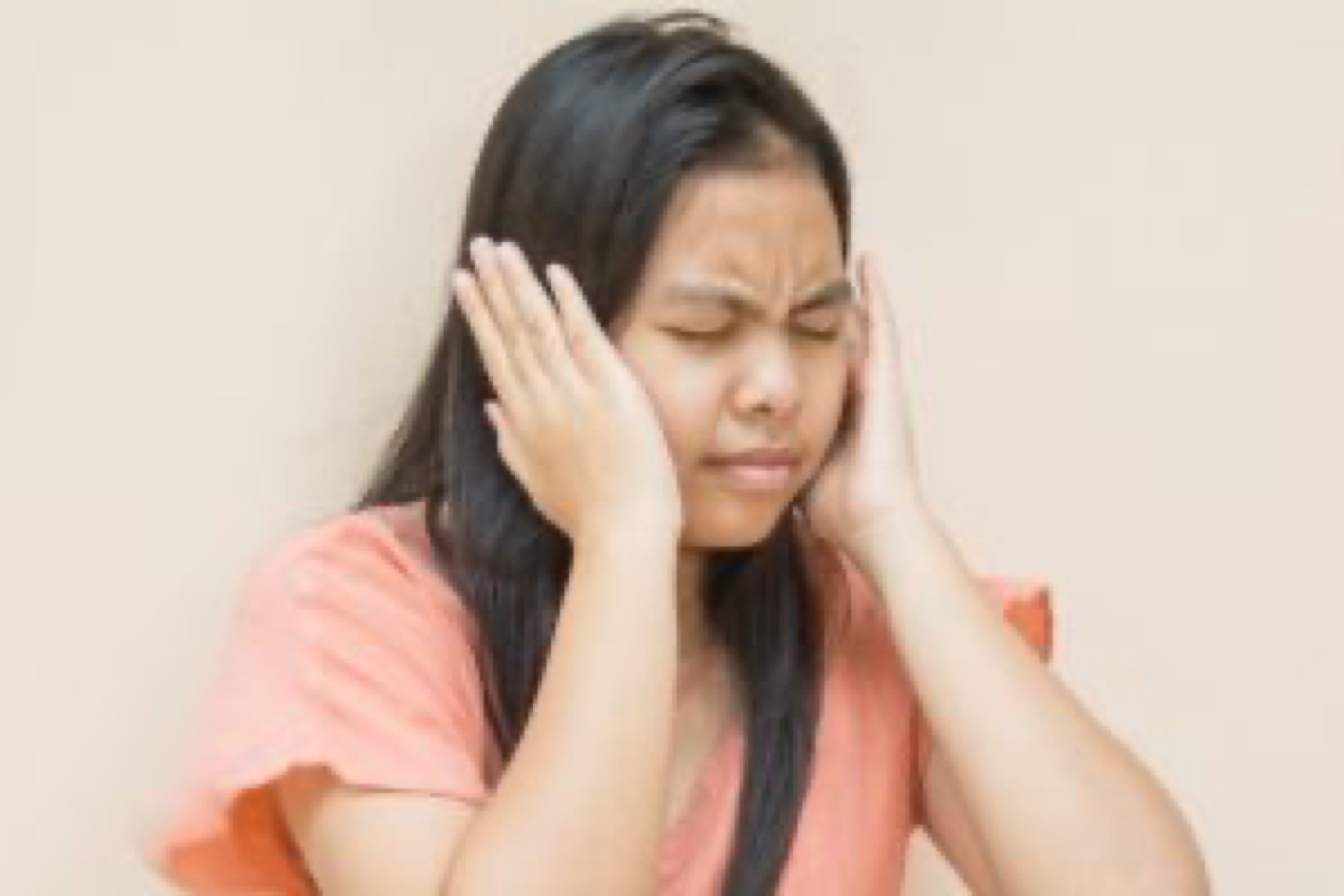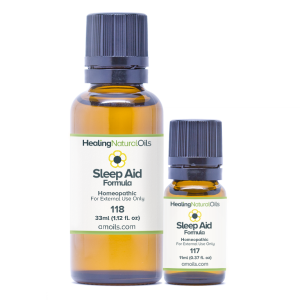Misophonia is a Sensitivity to Sound Condition
Have you heard of the word Misophonia?
It is a condition described as "sound sensitivity syndrome" and the word (meaning literally hatred of sound) was first proposed in 2000 as a condition in which negative emotions, thoughts and physical reactions are triggered by specific sounds.
More on misophonia
- Misophonia is a condition in which normal, everyday noises cause extreme emotional and even physical distress.
- People with this condition live with considerable stress, constantly worrying about experiencing offensive sounds - they often become socially isolated as a result.
- While misophonia is not related to a problem with your ears, it is related to how sound affects your brain. It may also have a psychological component.
What are the most common sounds that affect people with misophonia?
A trigger can be virtually any repeating sound or sight. Although much less common, triggers don't have to be sounds, they can also be touch, smell, and vibrations.
Most triggers are sounds we hear in everyday life. Eating sounds and those at the dinner table are very common in our lives and these are the most frequent triggers for misophonia. Second on the list are breathing or nose sounds, including nose whistles, heavy breathing, sighing, snoring and anything else associated with breathing.
What treatment is available?
- Lots of sufferers have found that taking magnesium supplements helps. The suggestion is to use magnesium chloride.
- Another way to increase magnesium levels is through regular Epsom salt baths.
- Others have found using a specific hearing aid helpful, one that can create a "waterfall" sound to tune out unwanted sounds while many wear earplugs or headphones anyway to drown out sounds. There are several clinics that have been set up in the U.S. that offer "sound therapy" and psychological counselling to lessen the symptoms while the Misophonia Association and the Misophonia Institute both offer support and information.
- Sequent Repattering (SR) is one therapy that is generally effective because it allows a person to feel the physical sensation of the misophonic reflex while not having the emotional response. SR builds a strong calming response over a series of sessions and then teaches the patient to respond to the physical sensation with the calming response rather than anger.
- Progressive muscle relaxation and applied relaxation is another form of therapy where you learn to relax your muscles. Done properly, it can allow you to develop the skill you need to greatly reduce or overcome your misophonia.
- EFT is yet another form of therapy that could help. We have written about it before in connection with weight loss but it could well be adapted to cover this condition too.
- Medication for anxiety or depression (antidepressants) where there is a problem with depression and anxiety may be appropriate because, when treating the depression and anxiety, the misophonia symptoms can be improved too. Any medication should be taken in conjunction with exercise and good quality sleep.
If you know of someone with misophonia, they need your support and understanding.
Sources
Understanding the facts. (n.d.).
ata.org/understanding-facts. (Accessed, 7 August 2021).
Wu MS, et al. (2014). Misophonia: Incidence, phenomenology, and clinical correlates in an undergraduate student sample [Abstract]. DOI:
10.1002/jclp.22098. (Accessed, 7 August 2021).
Edelstein M, et al. (2013). Misophonia: Physiological investigations and case descriptions. DOI:
10.3389/fnhum.2013.00296.(Accessed, 7 August 2021).




